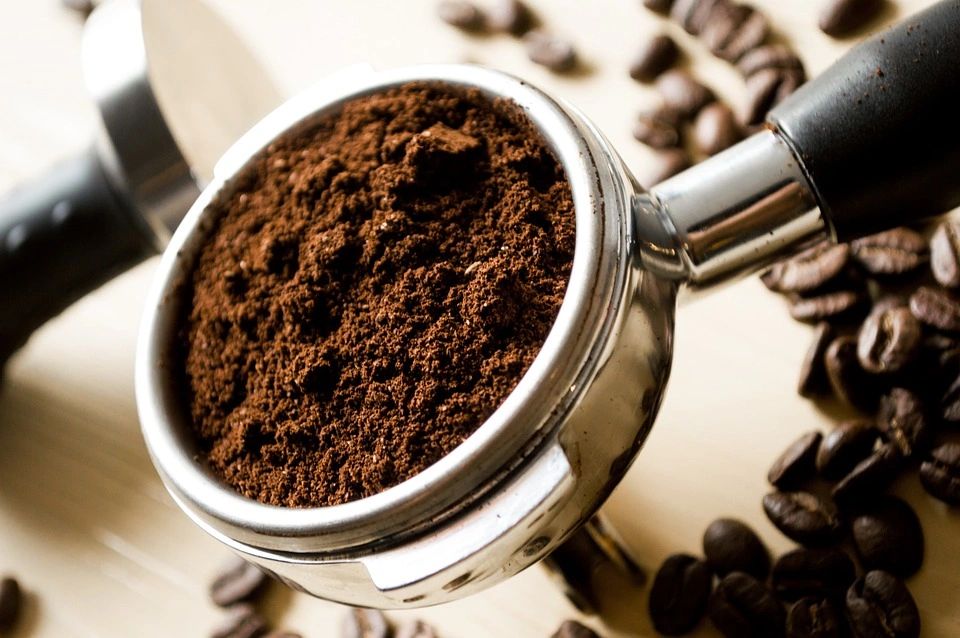What you choose to eat and drink can have a significant impact on your blood vessels and overall cardiovascular health. New research is shedding light on the importance of beverage choices, with tea and water coming out on top compared to coffee and soda when it comes to stroke risk.
Two recent studies analyzed beverage consumption and its effects on stroke risk. One of the studies found that frequent consumption of carbonated drinks and fruit juices increases the likelihood of having a stroke, while the other study revealed that drinking excessive coffee could have similar negative effects. In contrast, tea emerged as a protective factor, reducing the risk of stroke. A stroke occurs when blood flow to the brain is obstructed or when a blood vessel bursts, depriving brain cells of oxygen and causing cell death.
Stroke is a leading cause of death in the United States, with over 795,000 Americans experiencing a stroke each year. These new findings come from data collected by the INTERSTROKE project, which involved nearly 27,000 participants from 27 countries. Of these, about 13,500 had already suffered their first stroke. The study published in the Journal of Stroke and the International Journal of Stroke provides valuable insight into how beverage choices can affect this health condition.
The analysis discovered that even consuming one carbonated drink a day — whether sugar-sweetened or artificially sweetened — was linked to a 22% higher risk of stroke. The risk increased drastically for those consuming two or more sugary beverages per day. Similarly, drinking one fruit juice per day was associated with a 37% increased risk, with the risk tripling for those consuming two or more. Women were found to be at a particularly higher risk when it came to fruit juices.
On the other hand, drinking water seemed to offer significant benefits. People who consumed seven or more cups of water per day were found to have a lower overall stroke risk, particularly when it came to strokes caused by clots or bleeding. Interestingly, drinking more than four cups of coffee per day was linked to a 37% higher risk of stroke, while moderate coffee consumption did not show an increased risk. Conversely, tea drinkers reaped substantial health benefits.
Those who drank more than four cups of tea per day experienced a 19% lower overall stroke risk, including a 22% lower risk of stroke from bleeding. Black tea, such as Earl Grey or Breakfast teas, was linked to a 29% reduction in stroke risk for those who drank three to four cups per day. Similarly, green tea provided a 27% reduction in risk when consumed in similar amounts. Other types of tea also showed benefits, though to a lesser degree.
It is important to note, however, that the positive effects of tea disappeared when milk was added to the beverage. The study did not differentiate between cow’s milk and milk alternatives like almond or soy, leaving some questions open for further research. These findings suggest that simple changes in what you drink could play a significant role in reducing your risk of stroke, making tea and water far better choices than sugary drinks or too much coffee.


